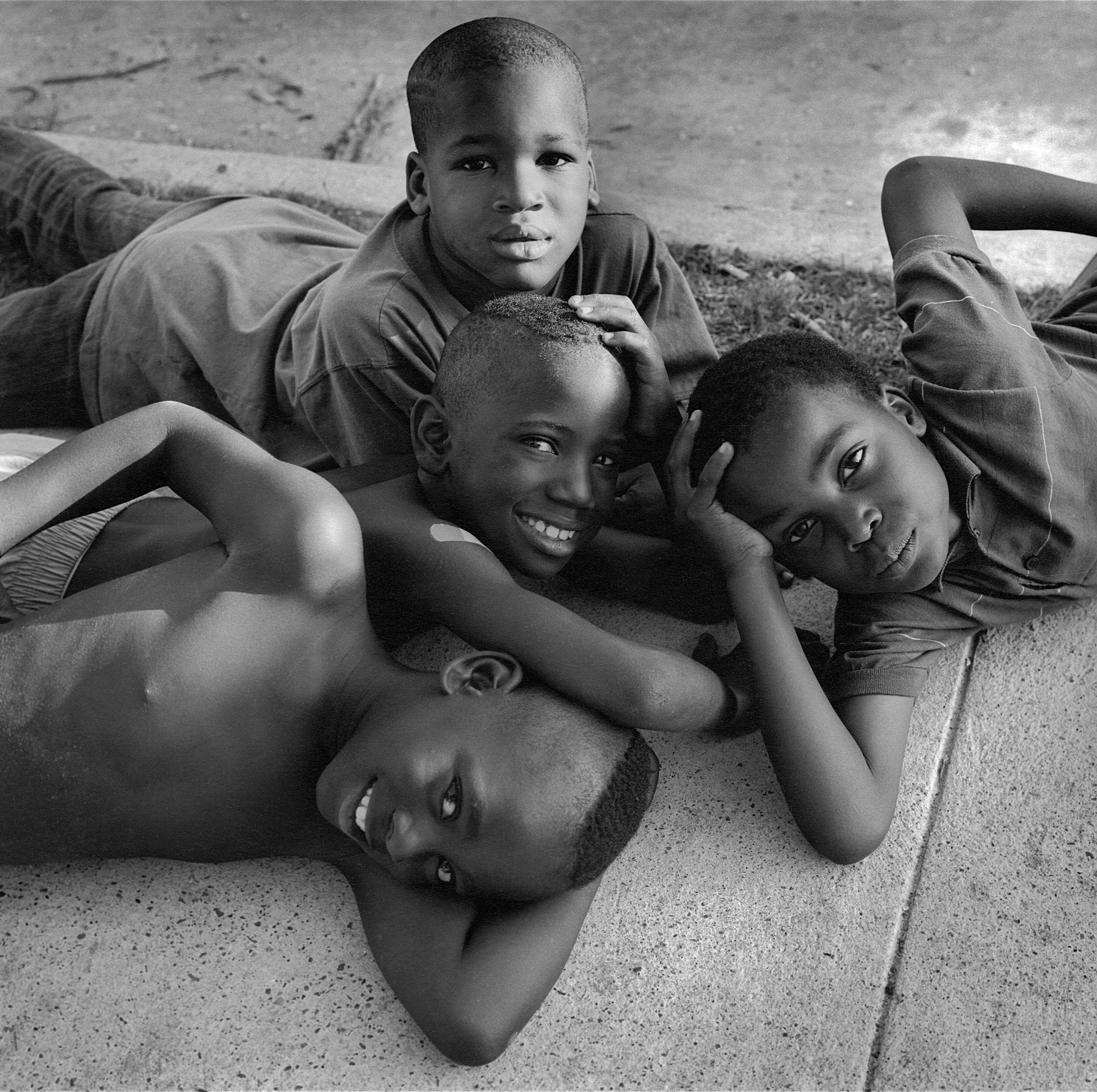Long before George Floyd’s death, Earlie Hudnall Jr. was photographing the neighborhood where Floyd grew up. Houston’s Third Ward, like many Black enclaves, has suffered the long-term effects of systemic racism and inequity. But Hudnall, who has been documenting several historically Black neighborhoods in Houston for more than 40 years, does not focus on the hardships of poverty. Instead, his photos capture the everyday lives of residents, filled with moments of beauty and joy. “People need to know that you see things within what they call ‘the ghetto,’” says Hudnall. “It’s home where kids and people have to survive and live and coexist together.”
Hudnall’s earliest notion of photography’s importance came from sitting on the porch with his grandmother Bonnie Jean in Hattiesburg, Miss., looking through an album she had put together of the community. “That just stuck with me because it was a document that represented our history,” says Hudnall. “So much has been lost within the Black community from not being able to maintain its own history, from slavery up till now.” In 1968, after serving in Vietnam, he moved to Houston and studied at Texas Southern University, where he found a mentor in artist and professor John T. Biggers. “He always said, ‘Art is life,’” Hudnall says. “One must draw upon their personal experiences, family, community and what you’re all about. This has been my whole plight.”
Hudnall records for posterity the architecture of weathered shotgun houses and the vibrant lives within them. He depicts people at ease, celebrating holidays, dressed in their Sunday finery, and kids in the thrall of summertime. “These are the young Floyds coming up,” he says. “They need to be cared for and guided. Rather than holding up a sign and marching for a day or two, then forgetting about it, come here, talk to people, get to know them.”
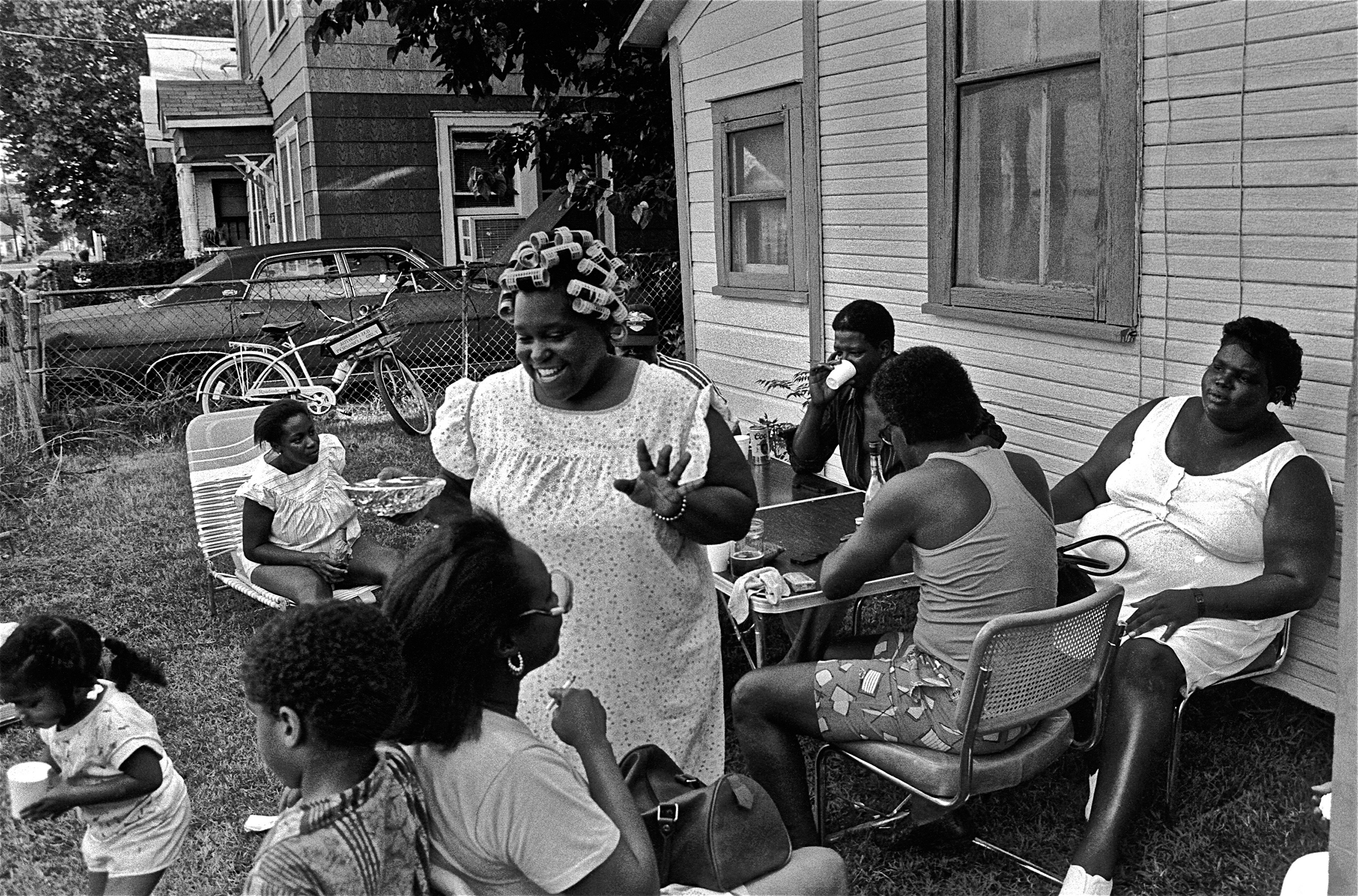
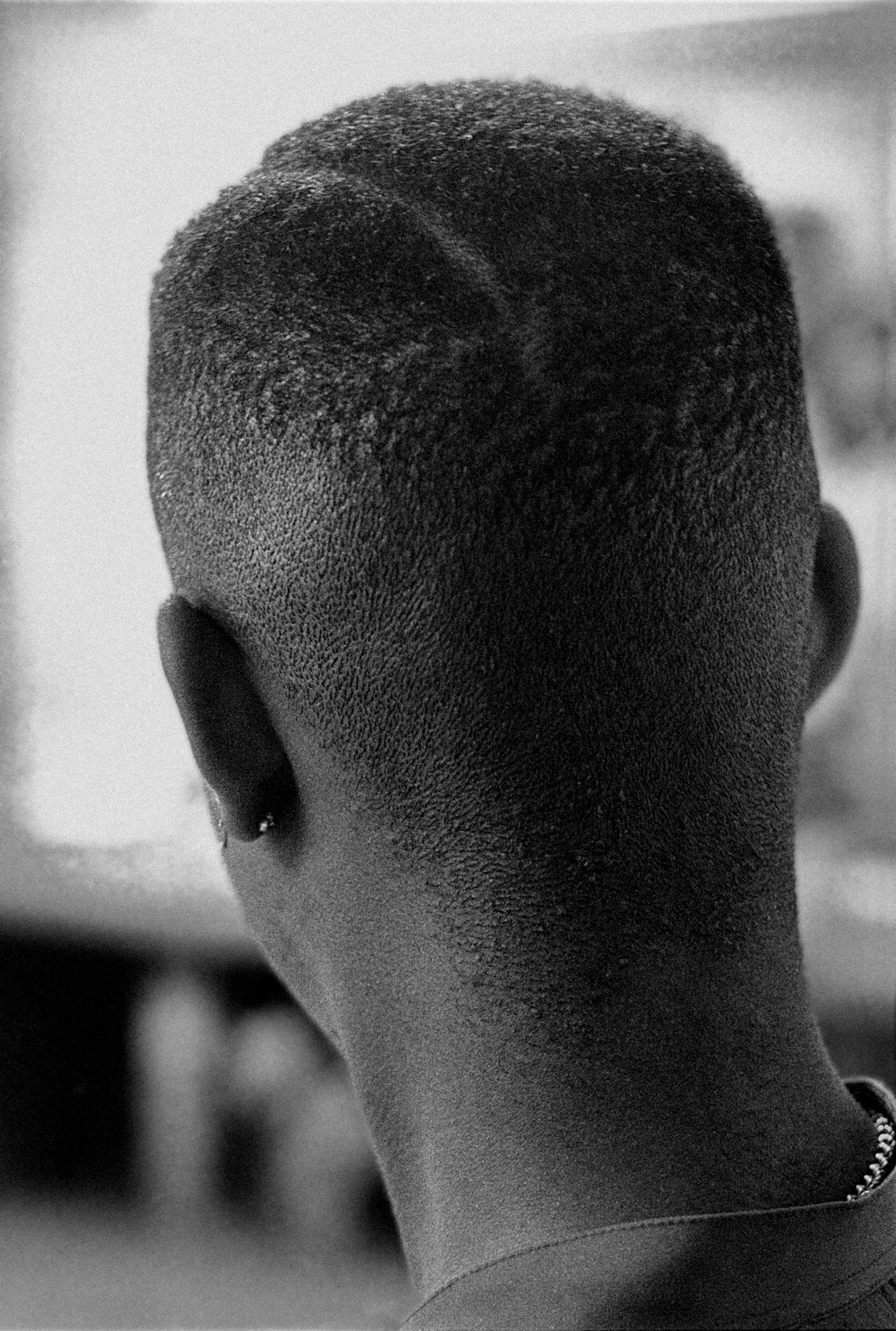
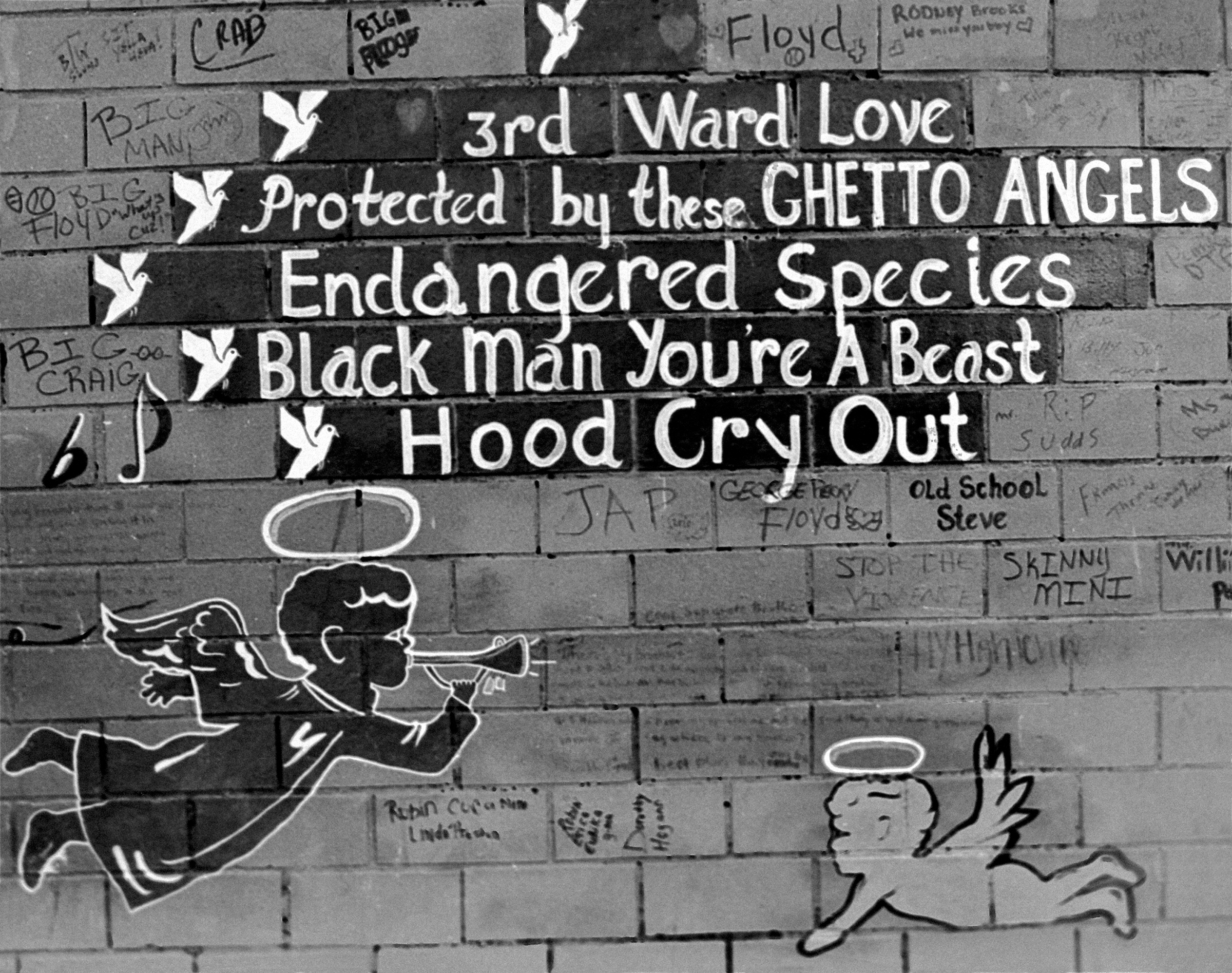
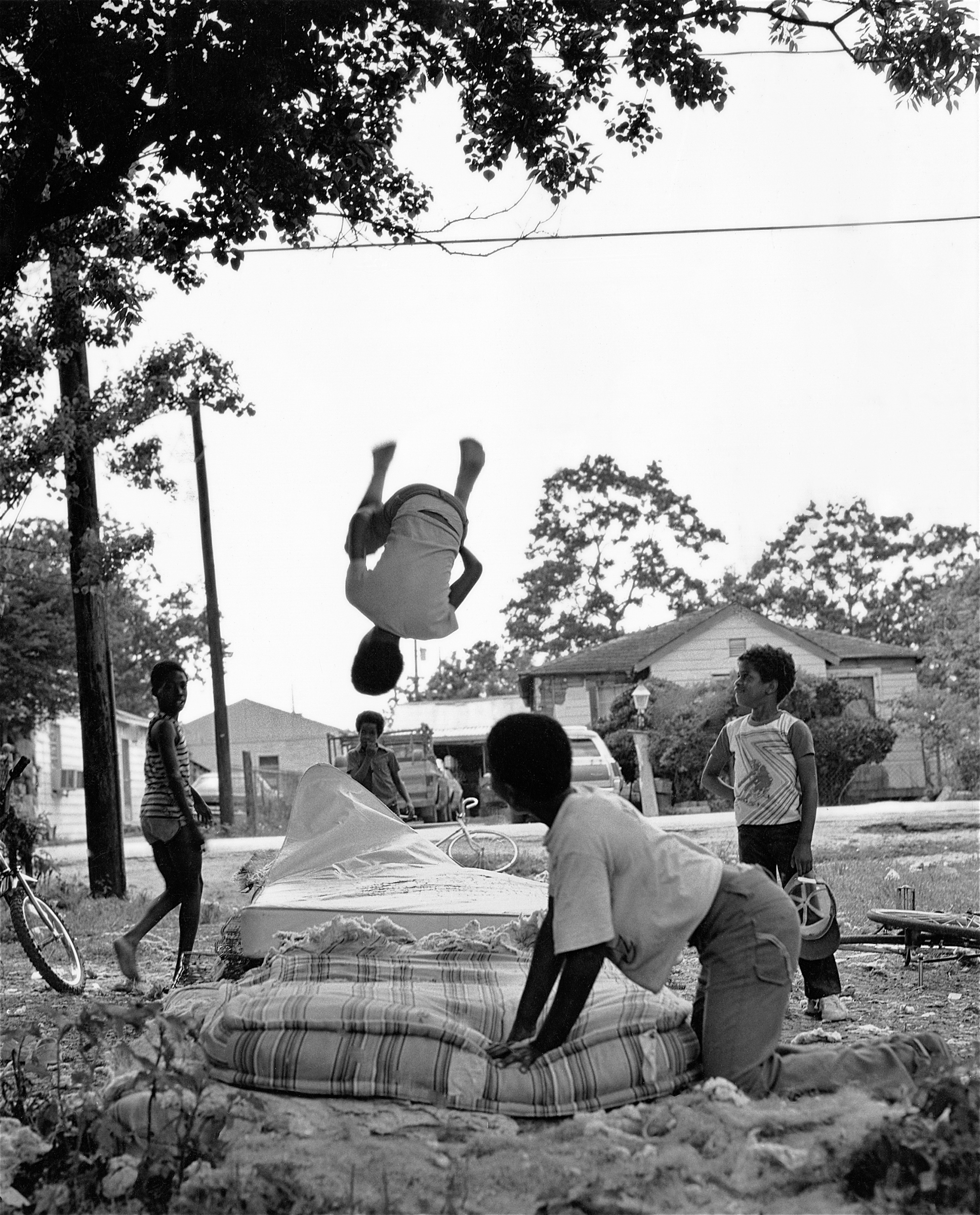

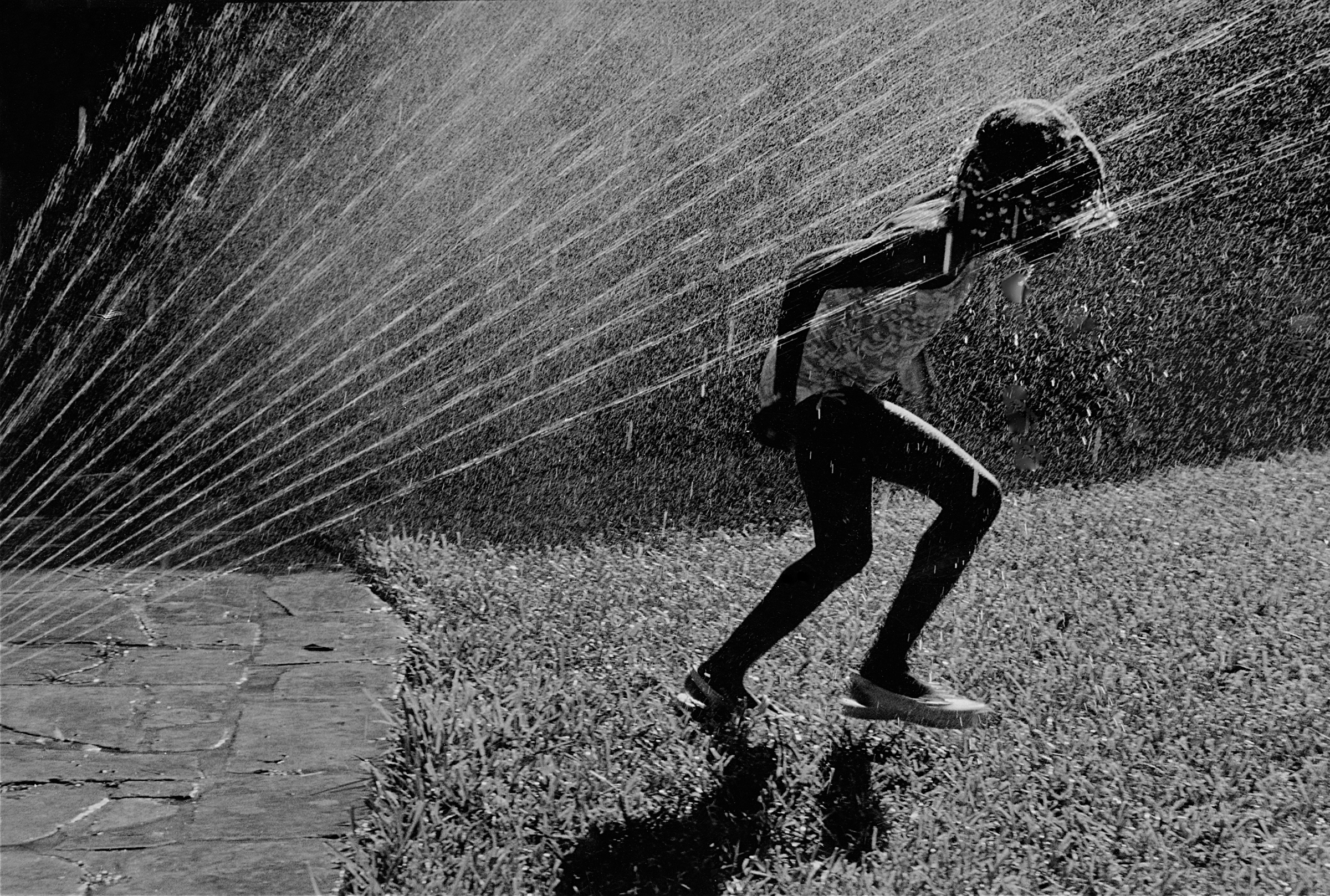
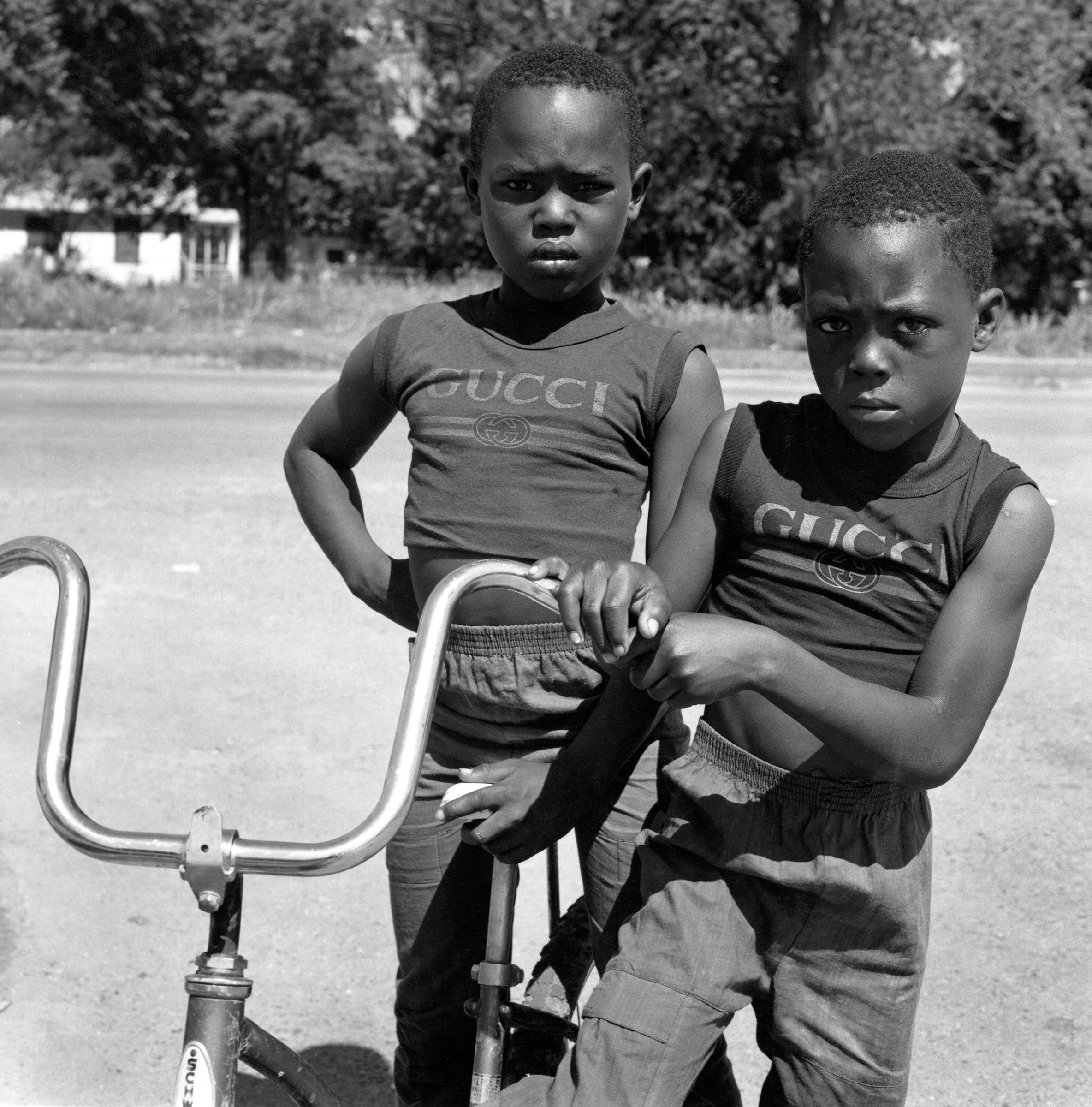
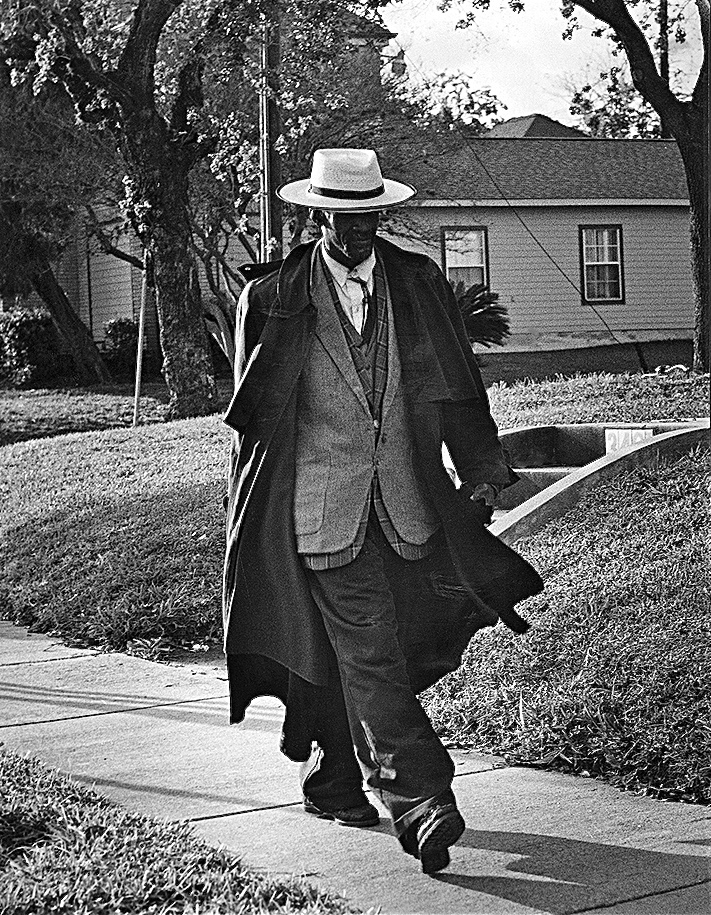
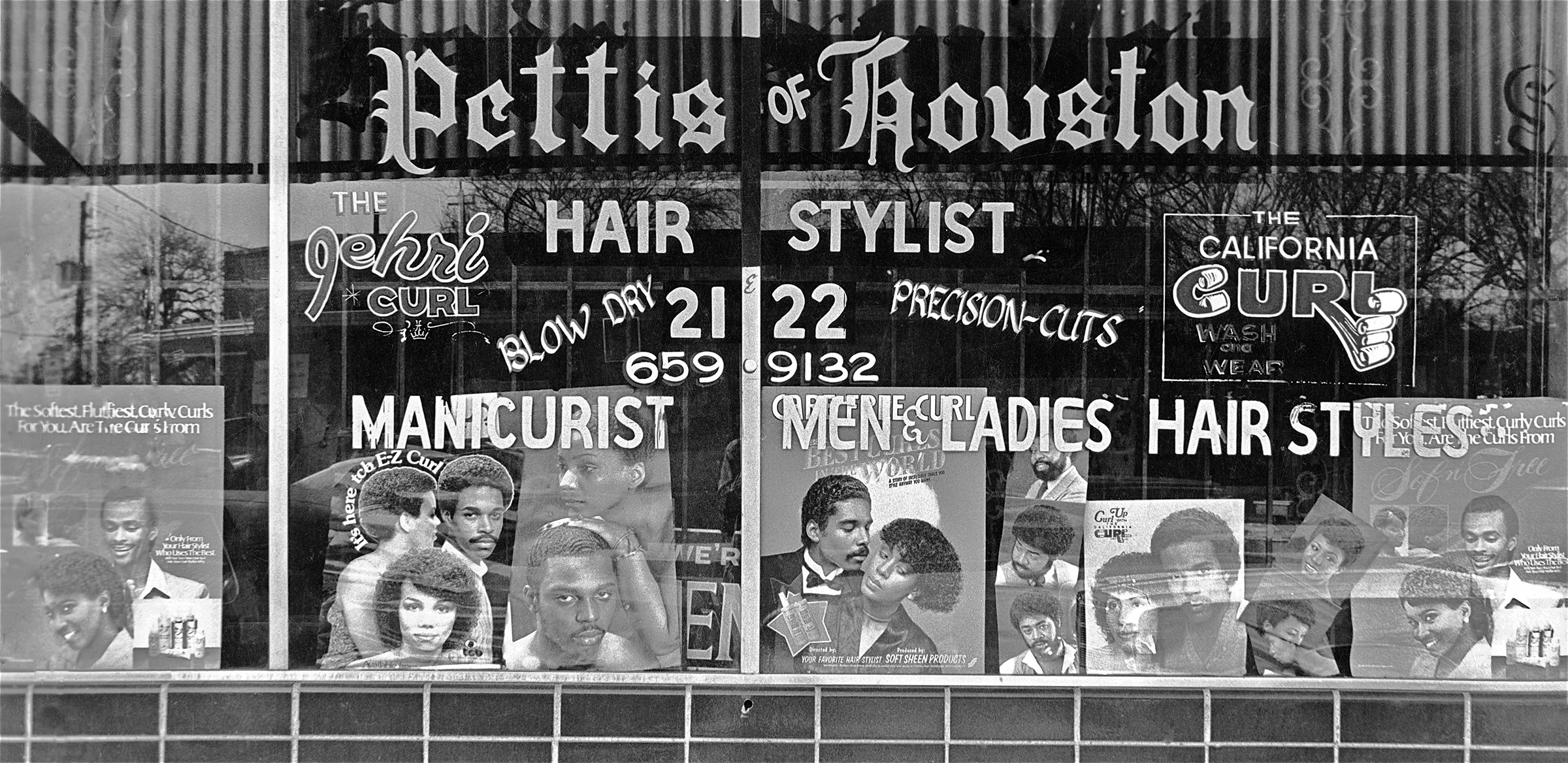
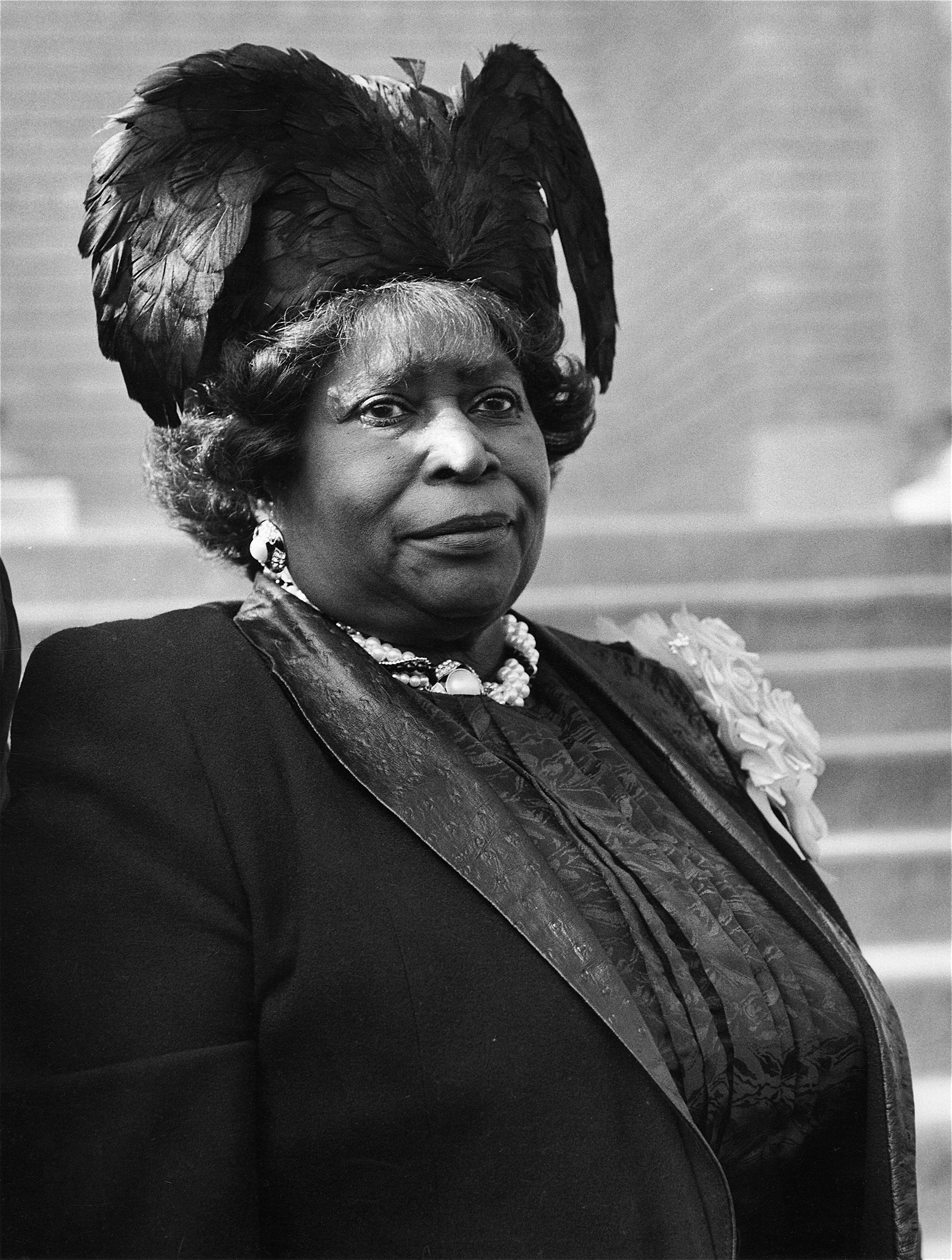
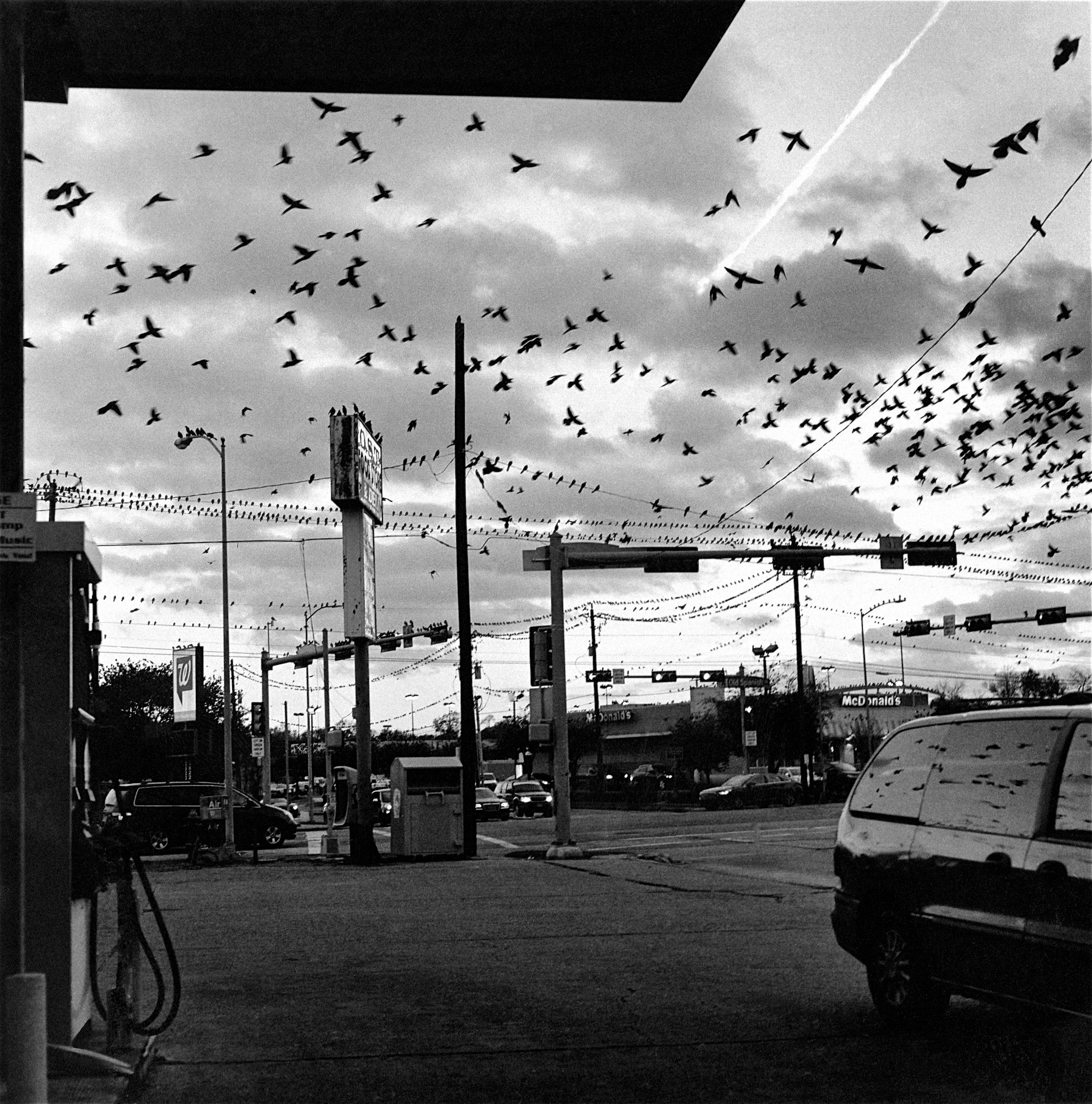
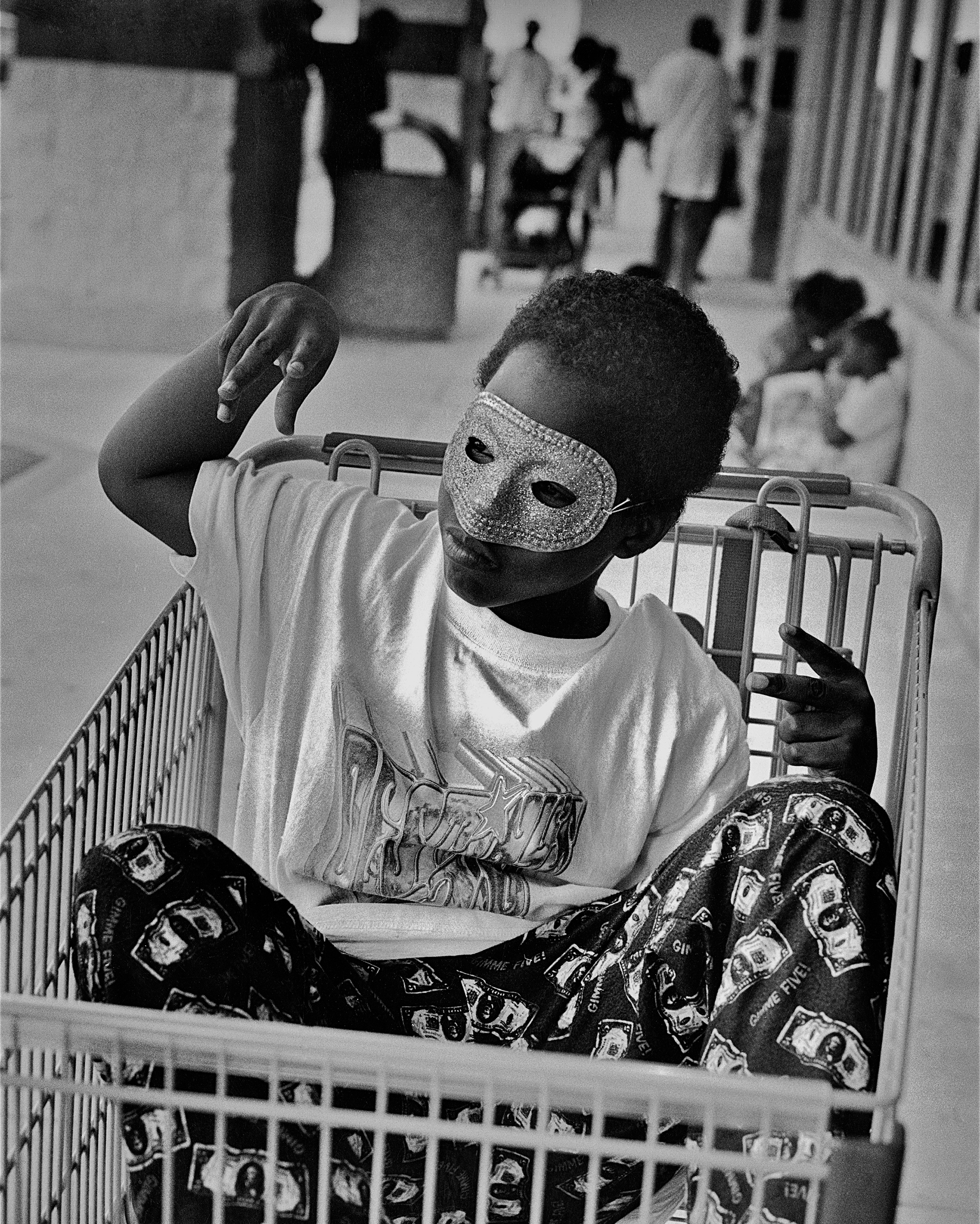
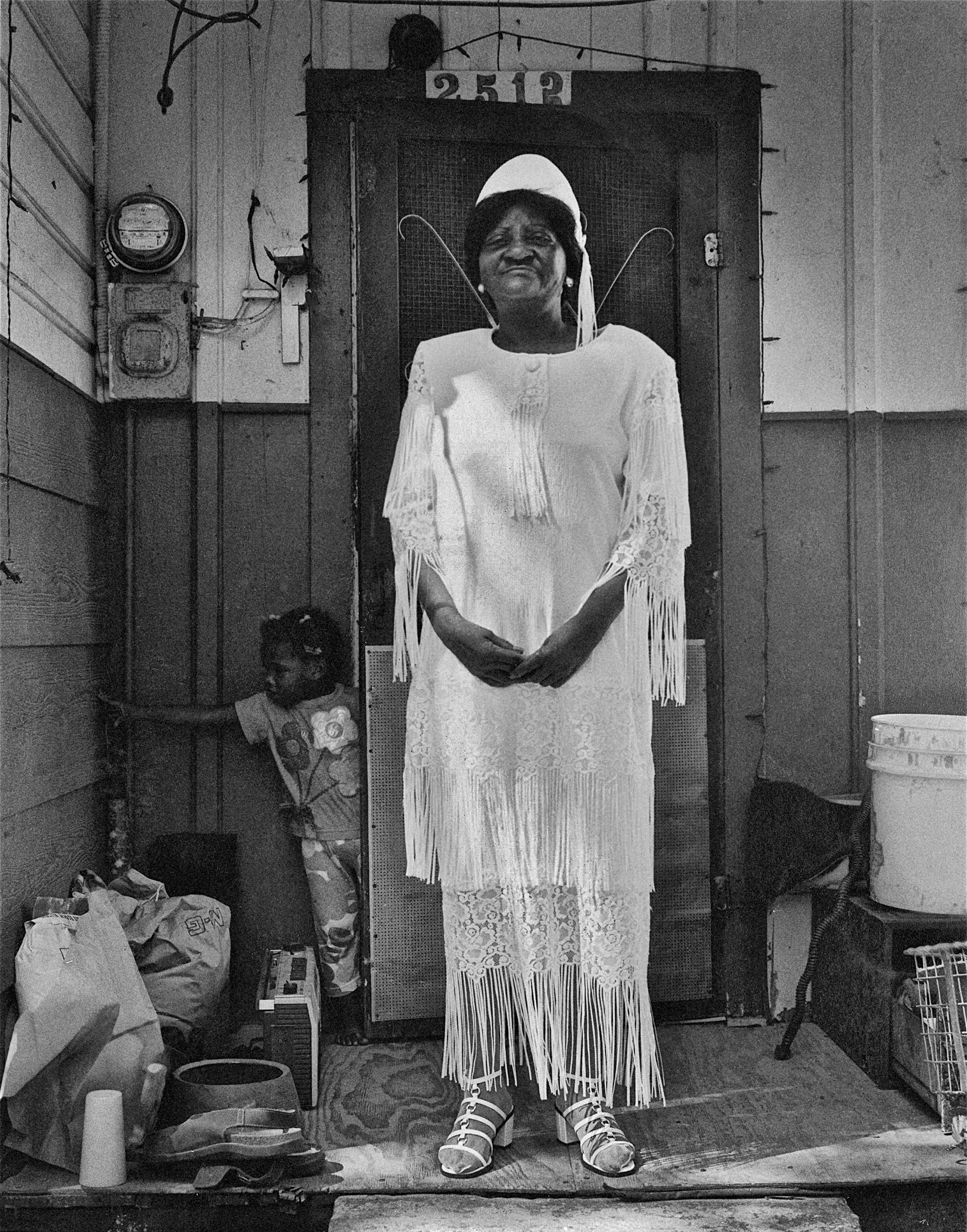
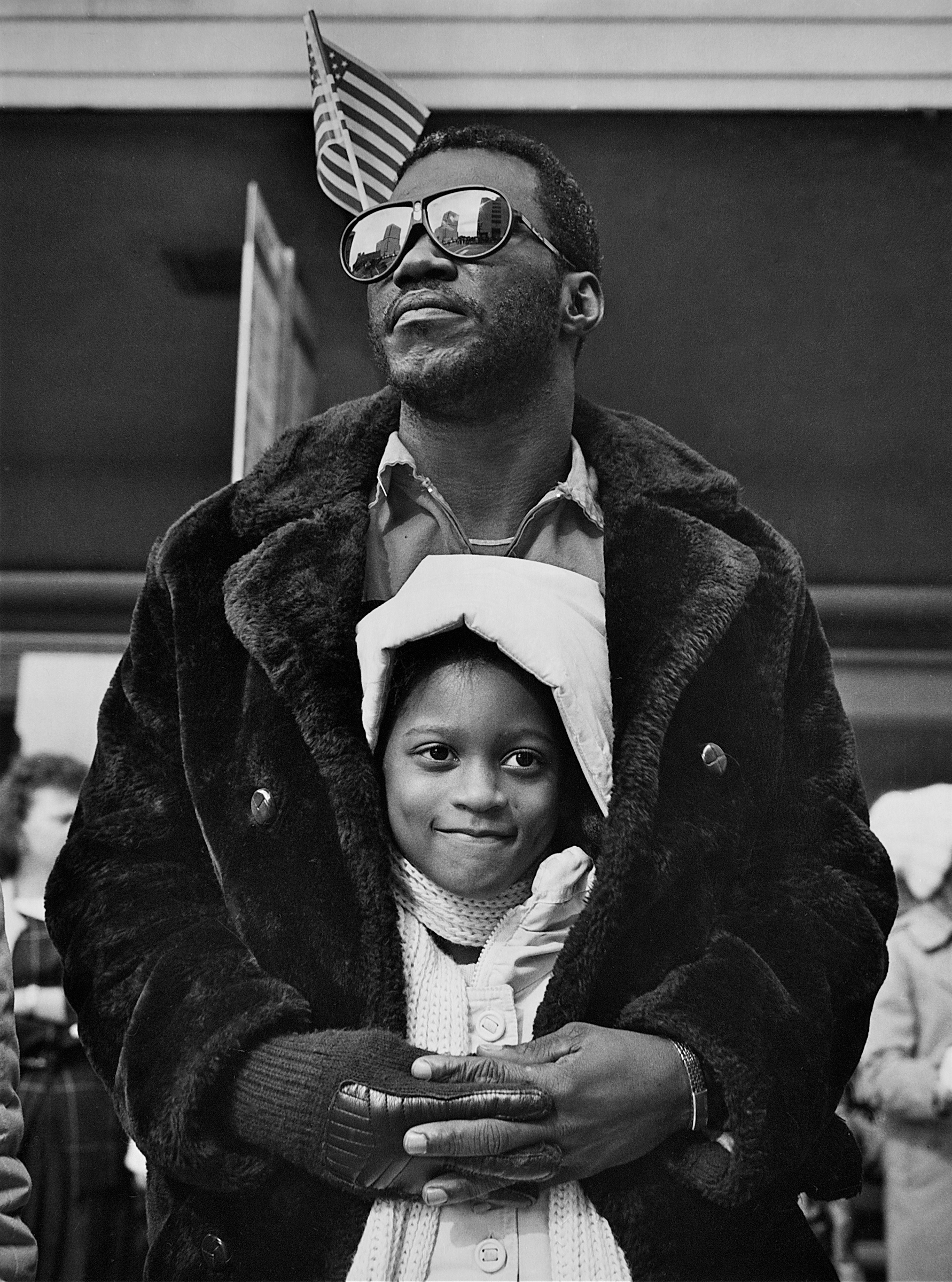
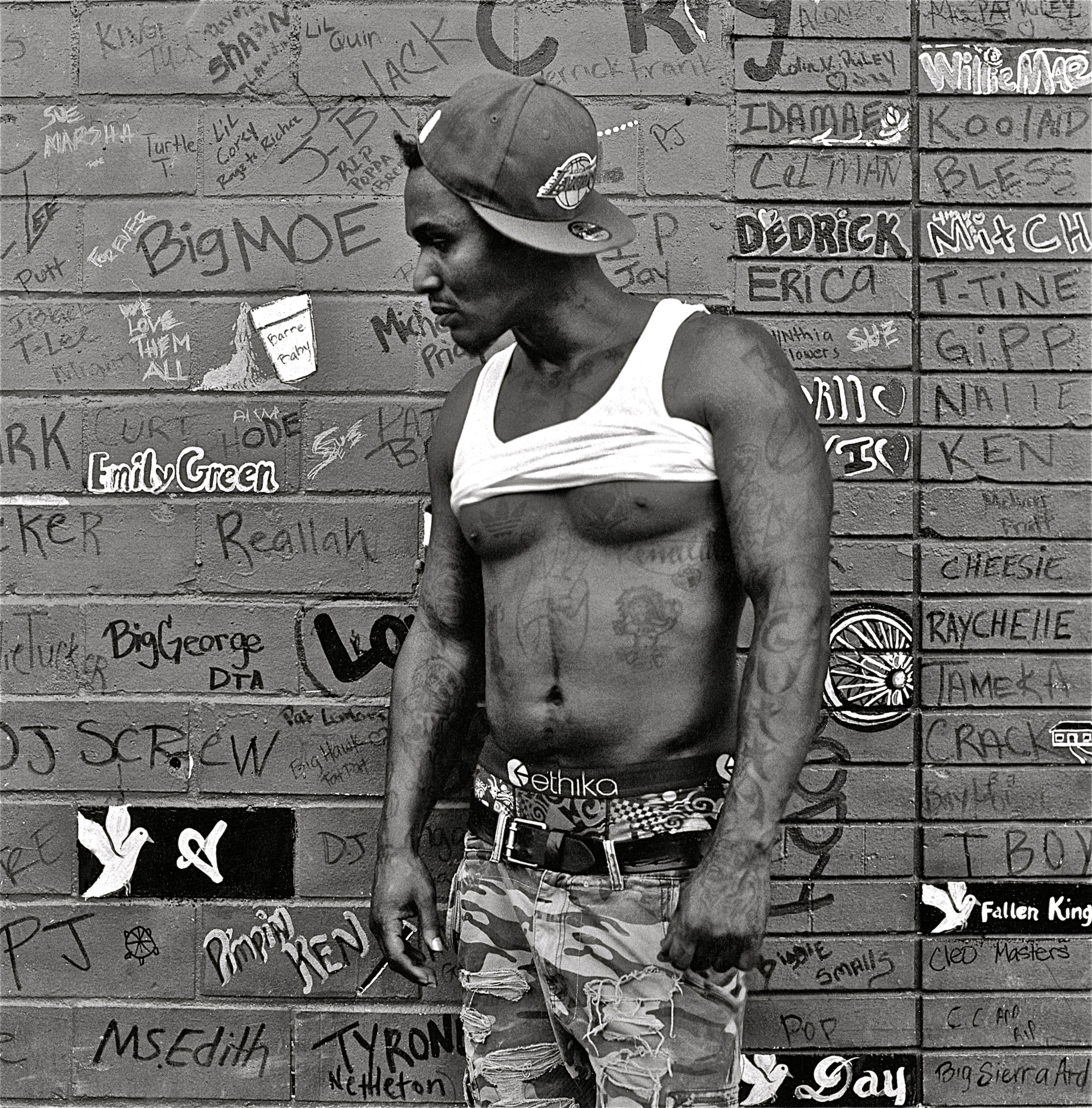
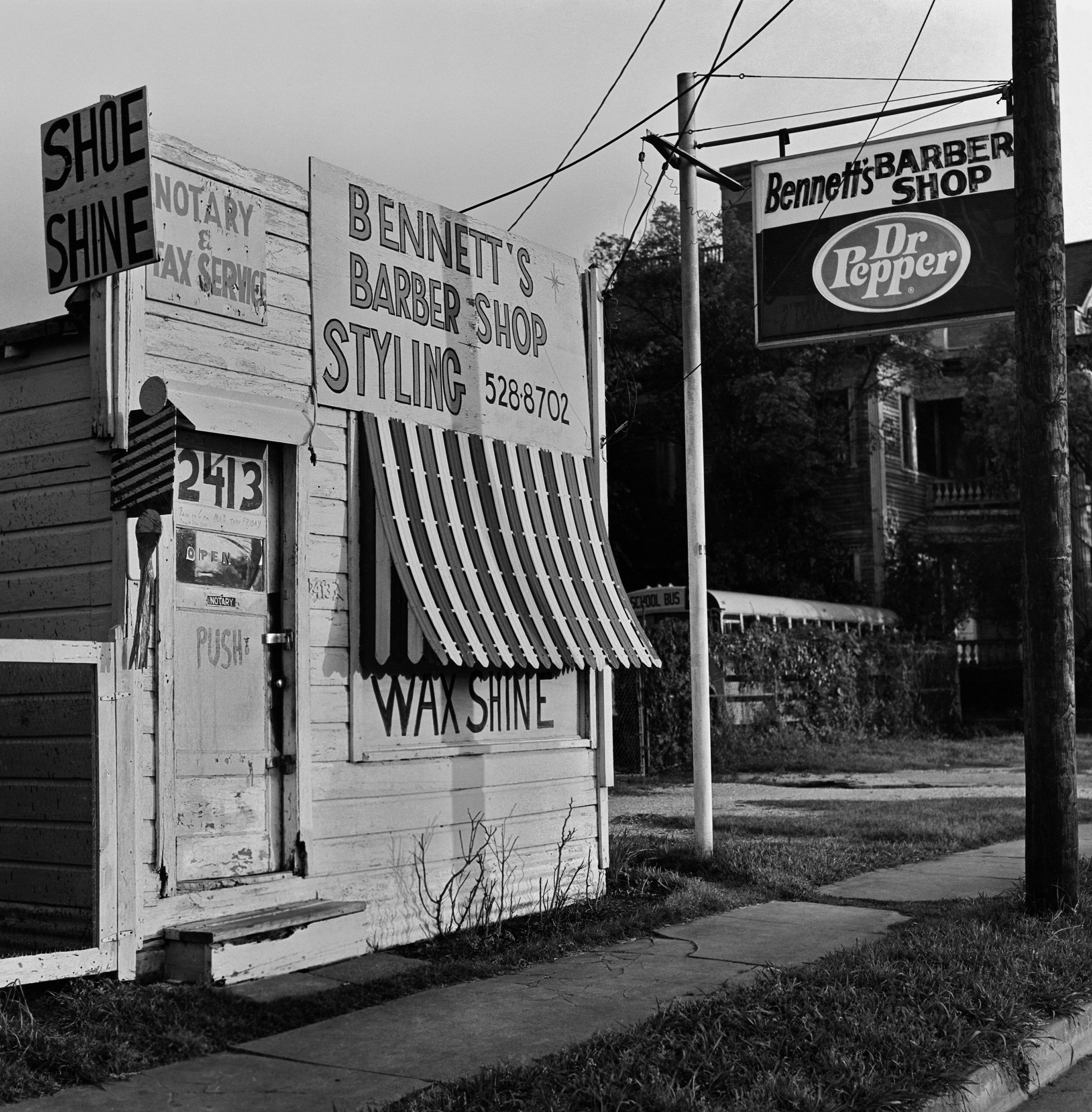
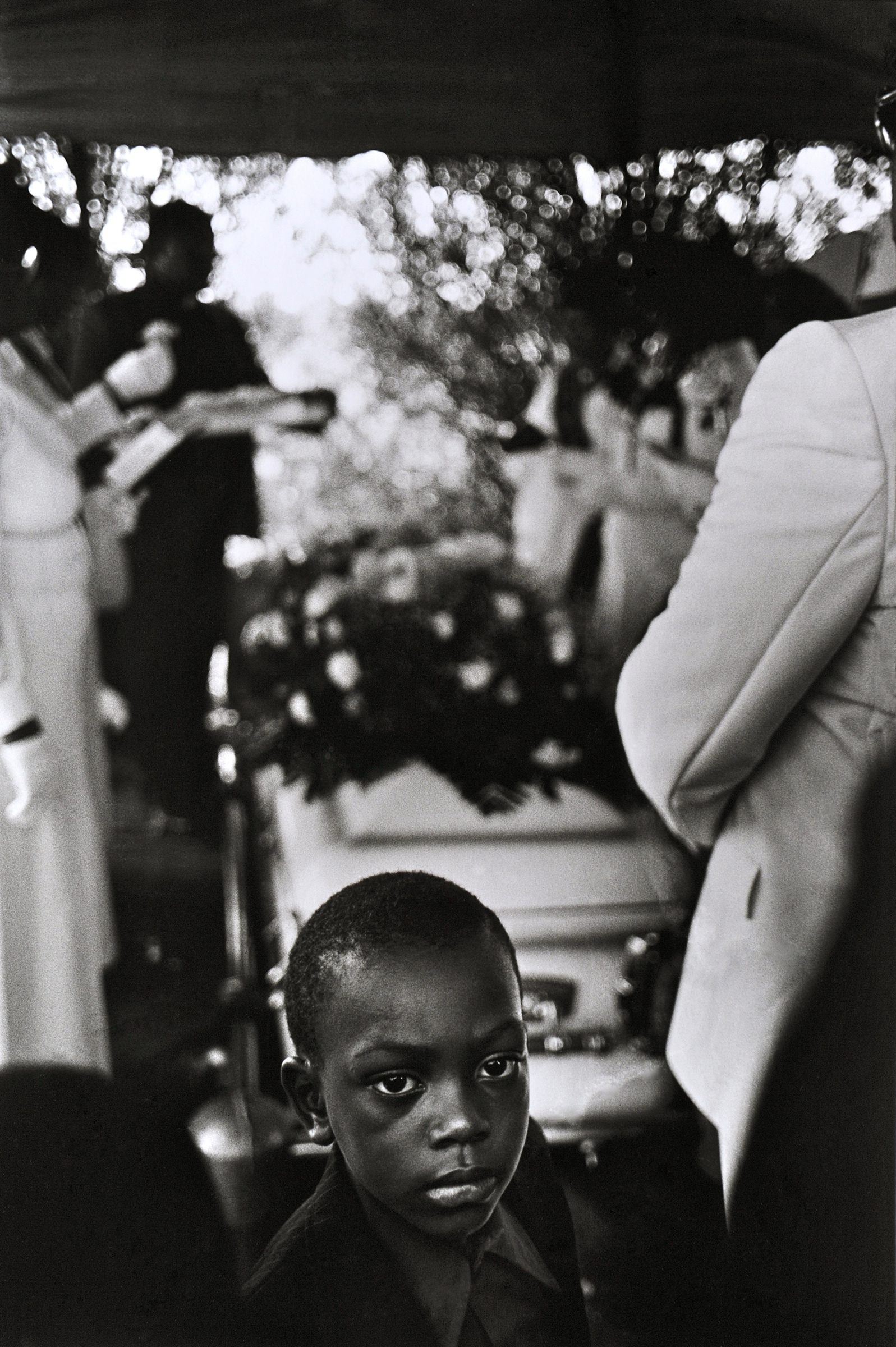
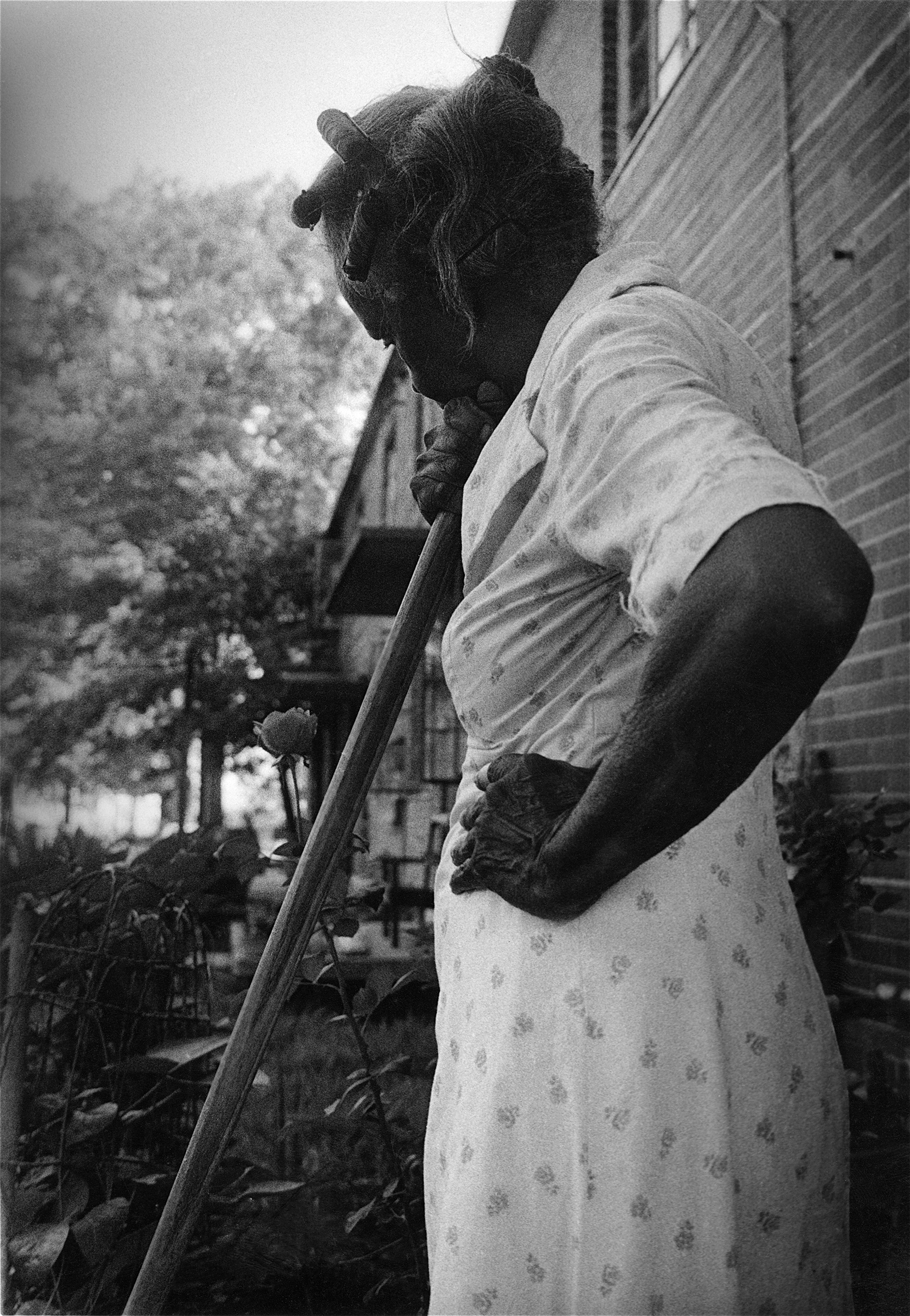
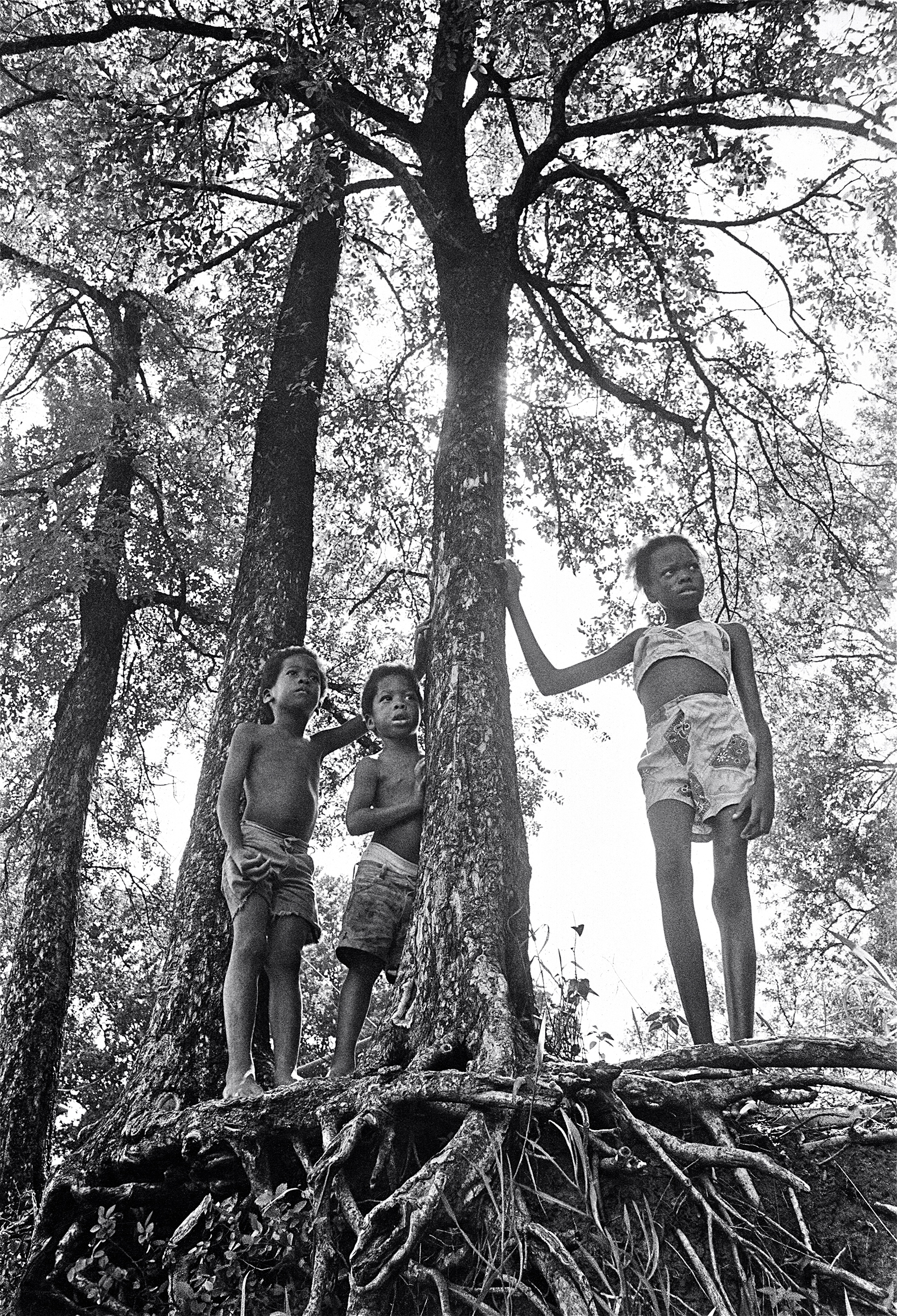
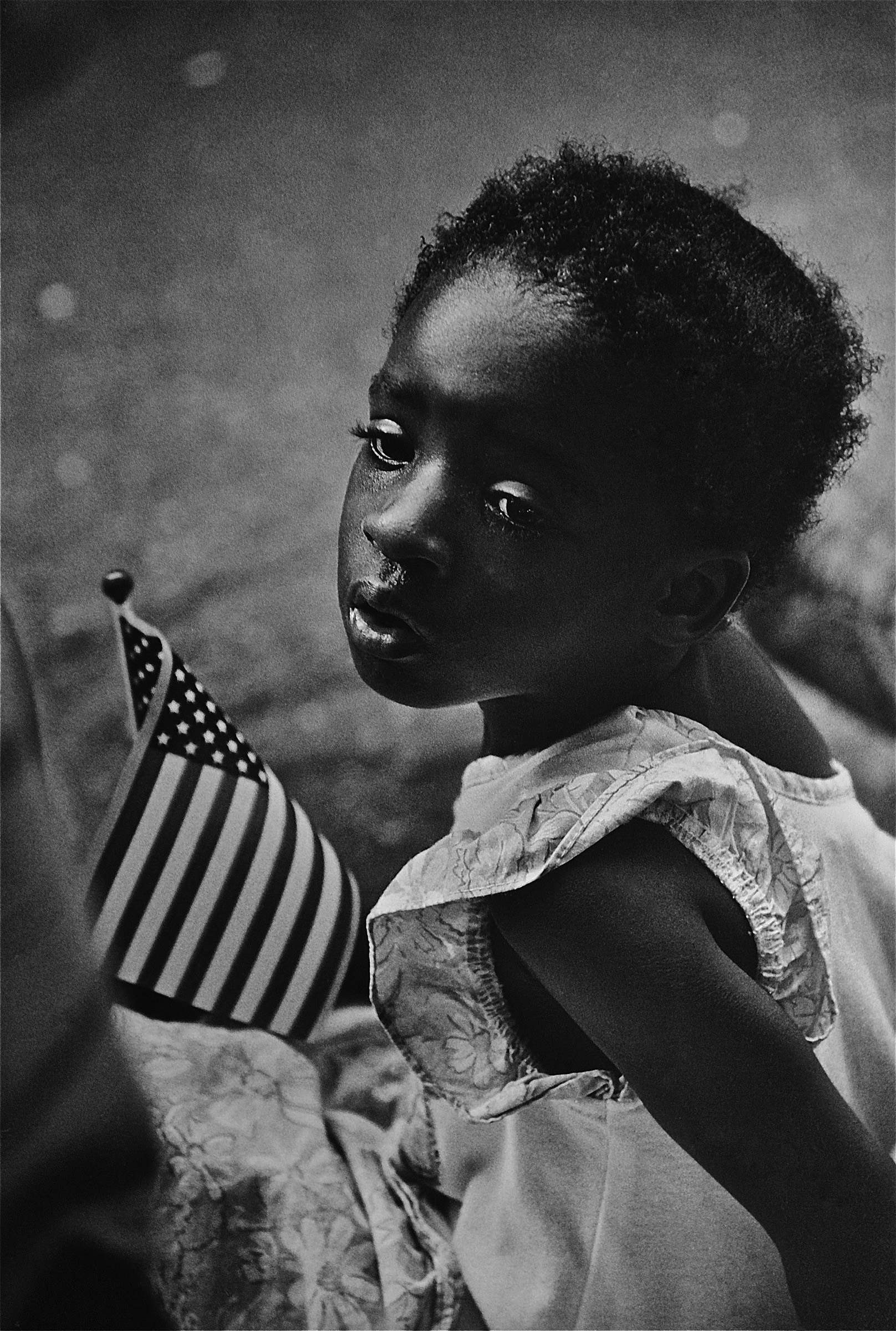
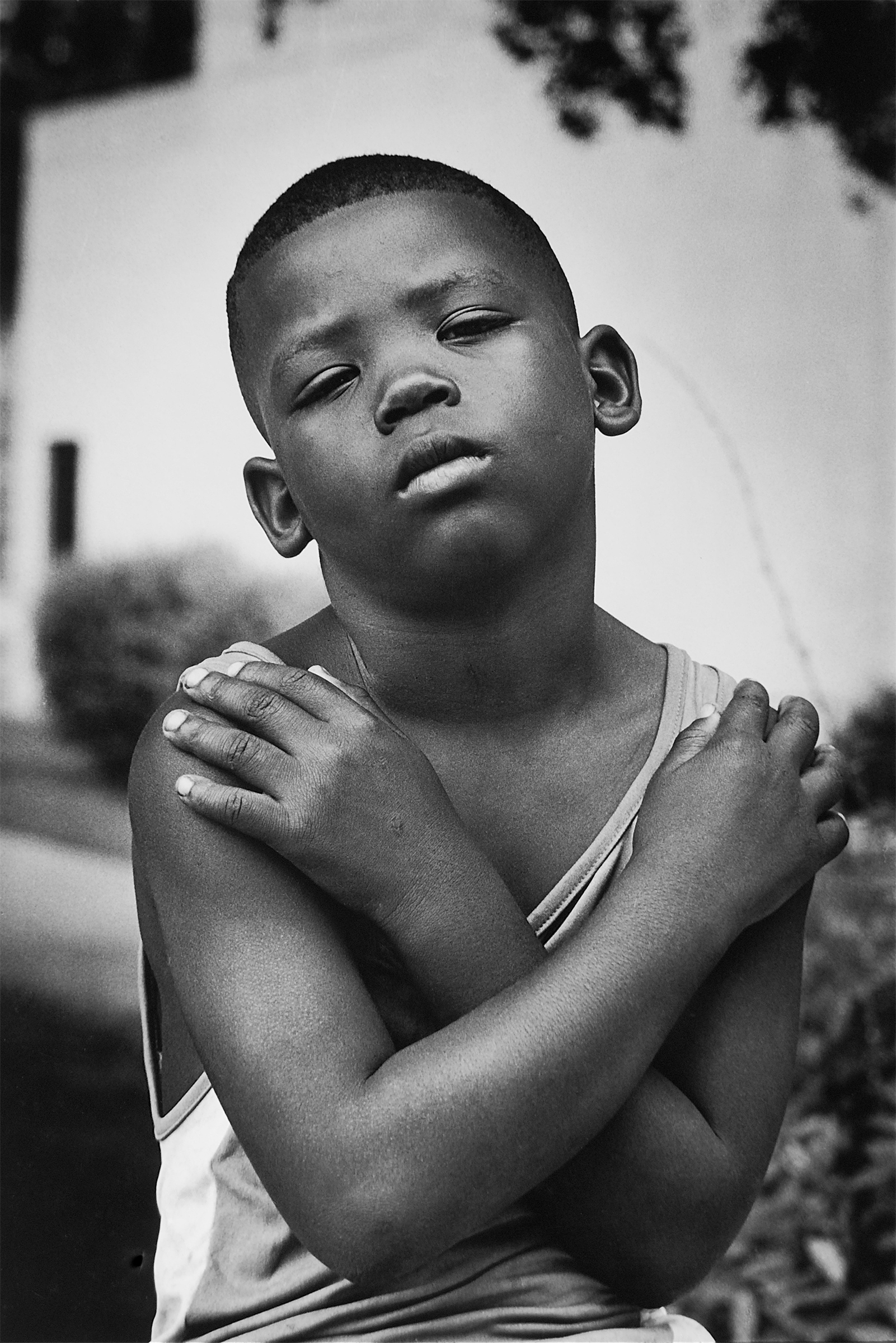
More Must-Reads from TIME
- How Donald Trump Won
- The Best Inventions of 2024
- Why Sleep Is the Key to Living Longer
- Robert Zemeckis Just Wants to Move You
- How to Break 8 Toxic Communication Habits
- Nicola Coughlan Bet on Herself—And Won
- Why Vinegar Is So Good for You
- Meet TIME's Newest Class of Next Generation Leaders
Contact us at letters@time.com
